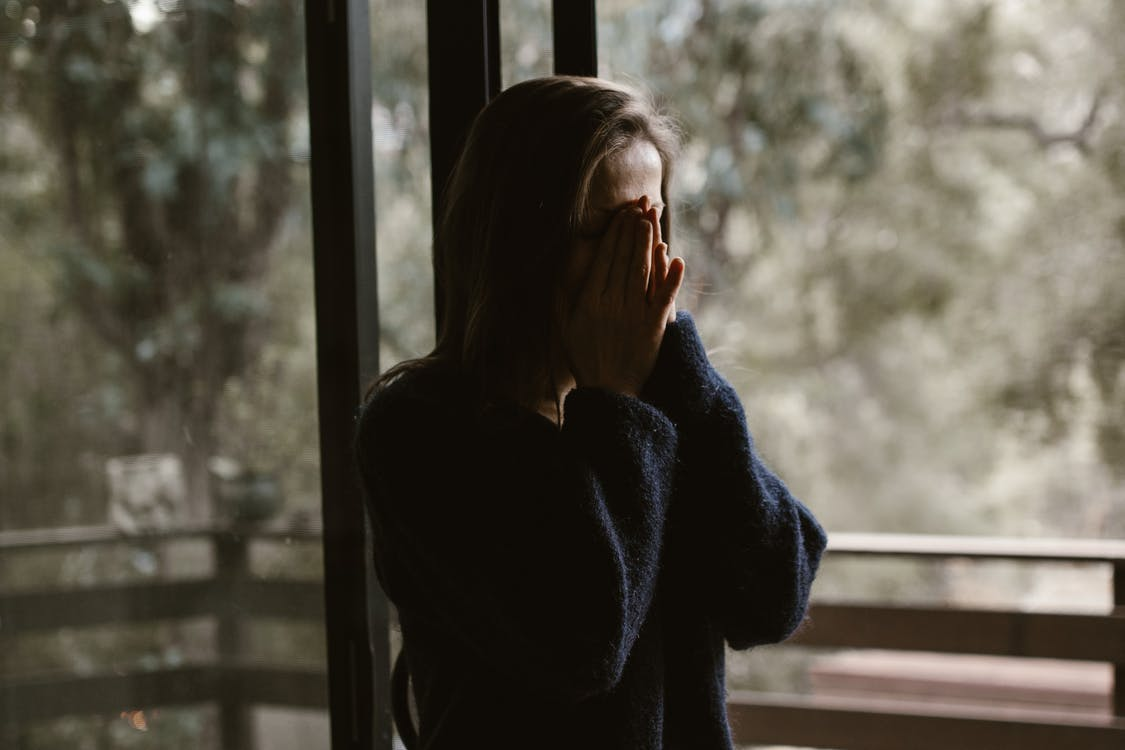Has PTSD Become More Prevalent After COVID-19?

Over half a million Americans have died from COVID-19, and thousands of people suffered from financial losses, illnesses, and grief. The fallout of COVID-19 is real, amplifying much more serious mental health problems such as post-traumatic stress disorder (PTSD).
If you are wondering what PTSD is, it is a psychological condition that begins to appear after direct or indirect exposure to trauma, including a death of a loved one, a natural disaster, or a pandemic like COVID-19. It can happen to anyone, regardless of age, gender and ethnicity.
There's much misinformation about the causes and treatment; to treat it well, we must put the facts straight.
Symptoms of PTSD
Most people who have PTSD can experience the following symptoms. However, it is important to know that symptoms can arise within days, months, or even years of exposure to a traumatic event.
- Intrusive Thoughts: Intrusive memories or re-experiencing the event refers to the thoughts about the traumatic event. These memories can be disturbing and upsetting, leading to nightmares, sleeping disorders, and flashbacks.
- Avoidance or Isolating: Avoidance behavior refers to isolating yourself from people around you. People who have PTSD avoid people, places, and situations that can trigger those memories. It may seem like a protective strategy, but it makes you feel detached from the world.
- Strong Reactions: Also known as changes in arousal and reactivity, people with PTSD have strong reactions even towards normal situations that may have something that reminds them of a traumatic event. They react differently to loud noises or touch by someone.
- Mood Changes: Mood disturbance is the most common symptom of PTSD. Distorted thoughts and depressive memories can make you or your loved one with PTSD experience mood disturbance. Unusual mood behavior includes extreme anger, reckless behavior, and self-destructive manner.

If these symptoms persist for over a month and interfere with your daily life functions, relationship, or quality of life, you need to see a doctor for proper diagnosis and treatment. In some cases, symptoms of PTSD can coexist with other mental problems such as anxiety, depression, etc.
Need Help With PTSD? Consult a Virtual Doctor at TelMDCare
Remember, not everyone who experiences a traumatic event will develop PTSD. There is a range of other mental health problems that can accompany PTSD. Consider consulting an online doctor for your symptoms.
With TelMDCare, you don't have to wait for days to see your doctor. Schedule an appointment with a doctor for COVID today.